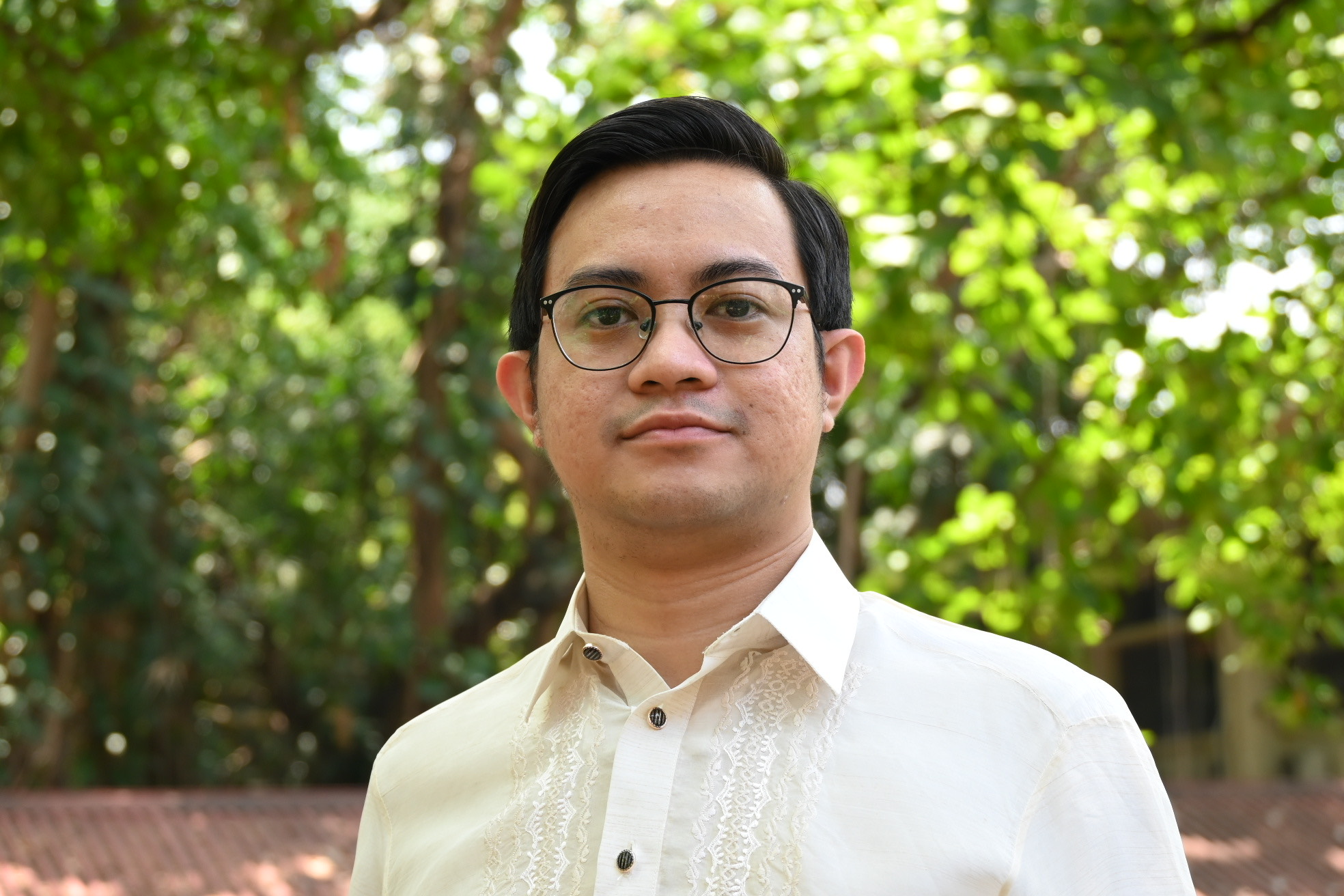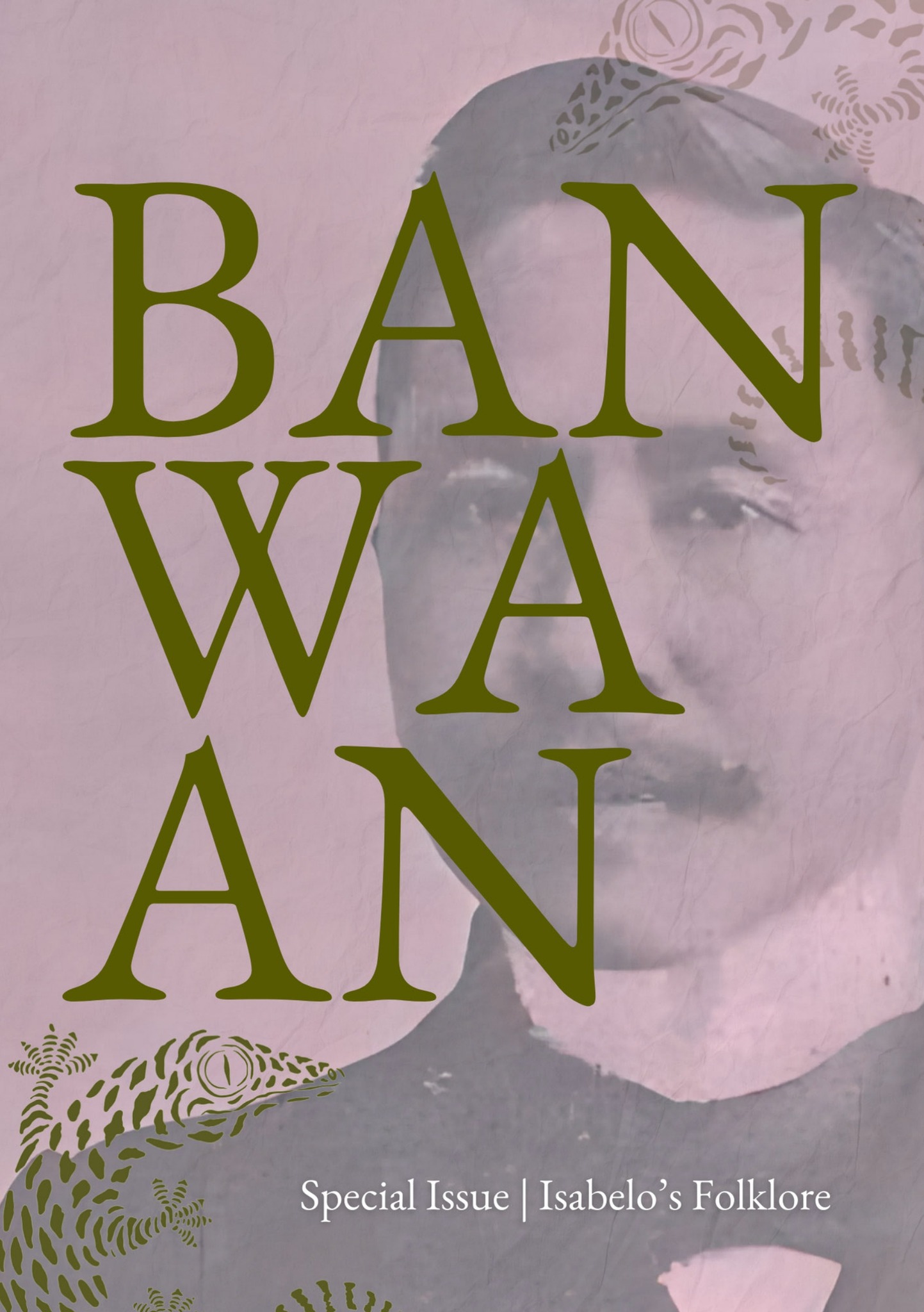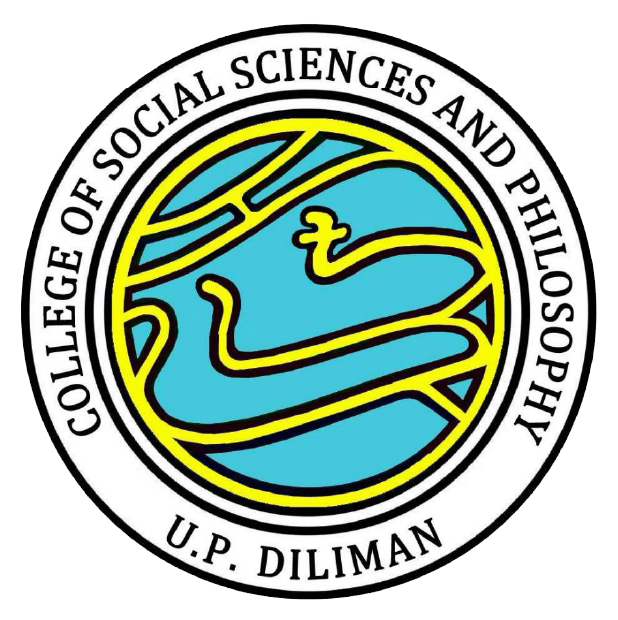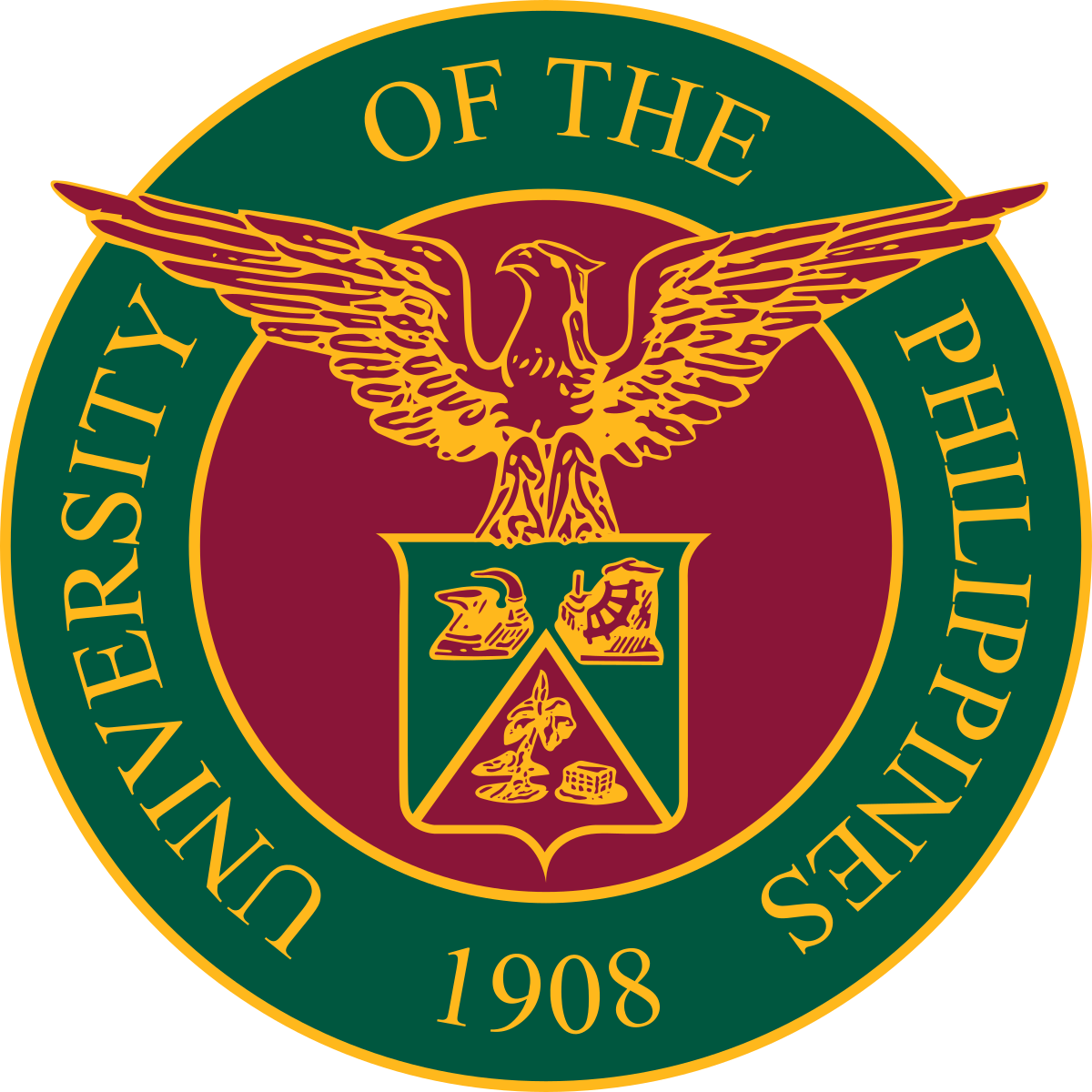Authoring the Folk
Banwaan: The Philippine Journal of Folklore
This article examines the relationship between “authorship” and “folk literature” in the case of Ilocano poems by Doña Leona Florentino (1849 – 1884), presented in the first volume of El Folk-Lore Filipino (1889) by her son, Isabelo de los Reyes y Florentino (1864 – 1938). I discuss how Leona became an individual “author” (in the sense defined by the modern West)— yet, much to Isabelo’s ambivalence, she was also made to represent the Ilocano and Filipino “folk literature.” Isabelo’s contextualization, as well as a close reading of the poems, reveals that Leona was partly acquainted with a “Europeanized” literary form and practice. This necessitates a discussion on how Isabelo defined “folk literature.” Despite Isabelo’s failure to qualify and justify an ontological status for the so-called poetica Filipina (Philippine poetics), we can still learn a lot from him about the nature of Philippine folk literature, especially the kind conceived, produced, and performed beyond the nineteenth-century Manila and Tagalog region. The last part consists of two experiments that examine the phenomena of repetition and syllabication in folk literature. By doing a “close(r) reading” of Leona’s poems through a Python program, we may find their place within and beyond the folk literary tradition.
Keywords
Leona Florentino
Isabelo de los Reyes
folk literature
Ilocano literature
author
Faculty Involved:

Emmanuel Jayson V. Bolata
Assistant Professor
Focus: Cultural history of science (astronomy and cosmology), Literary studies (Philippine folk epics, poetry, and children’s literature), Folklore studies, Local history (Marinduque)



